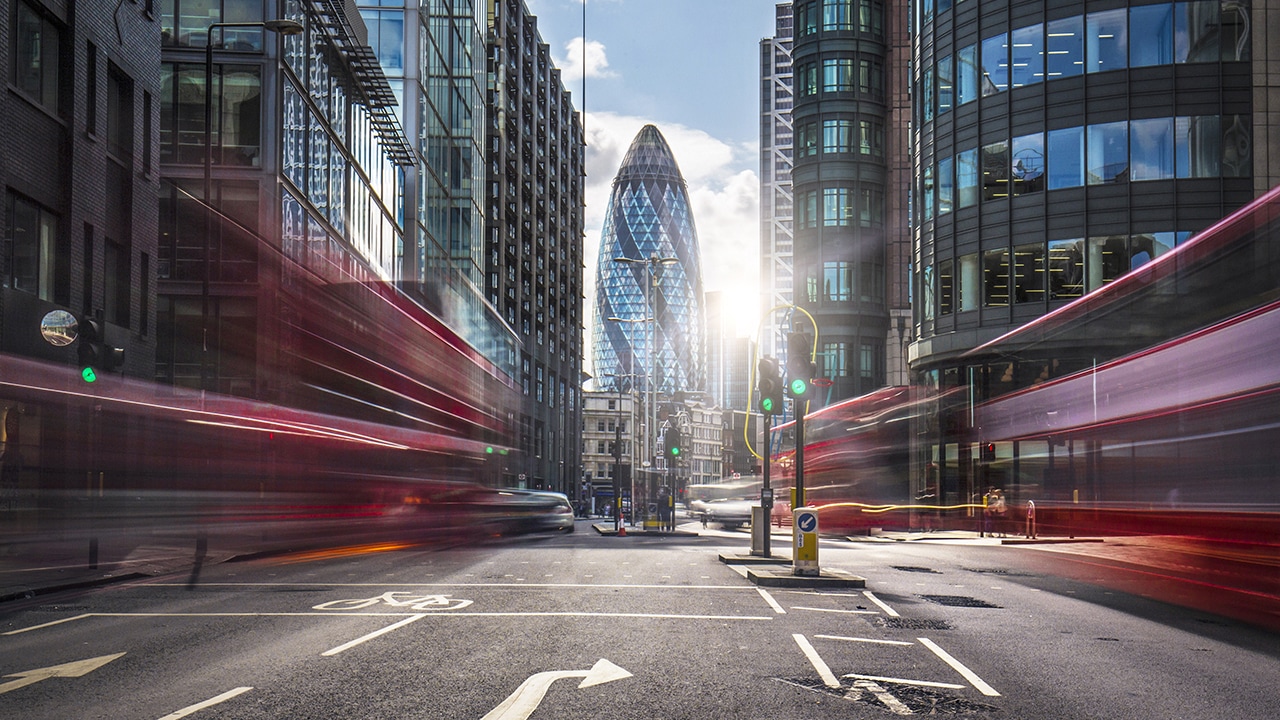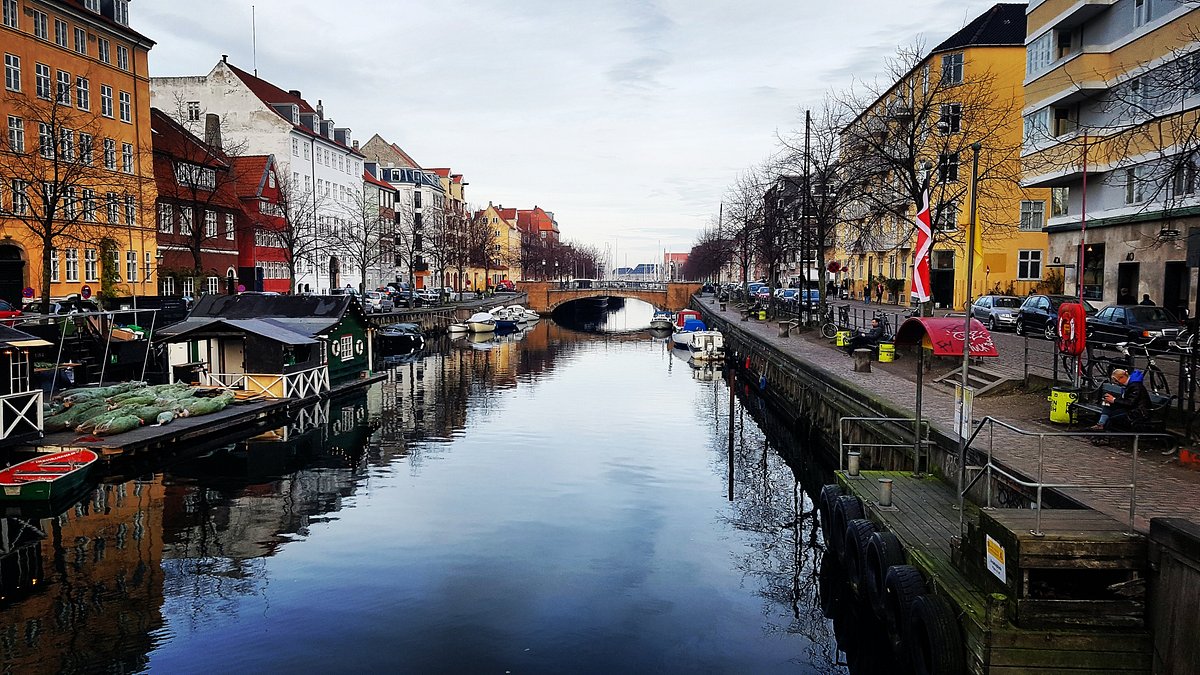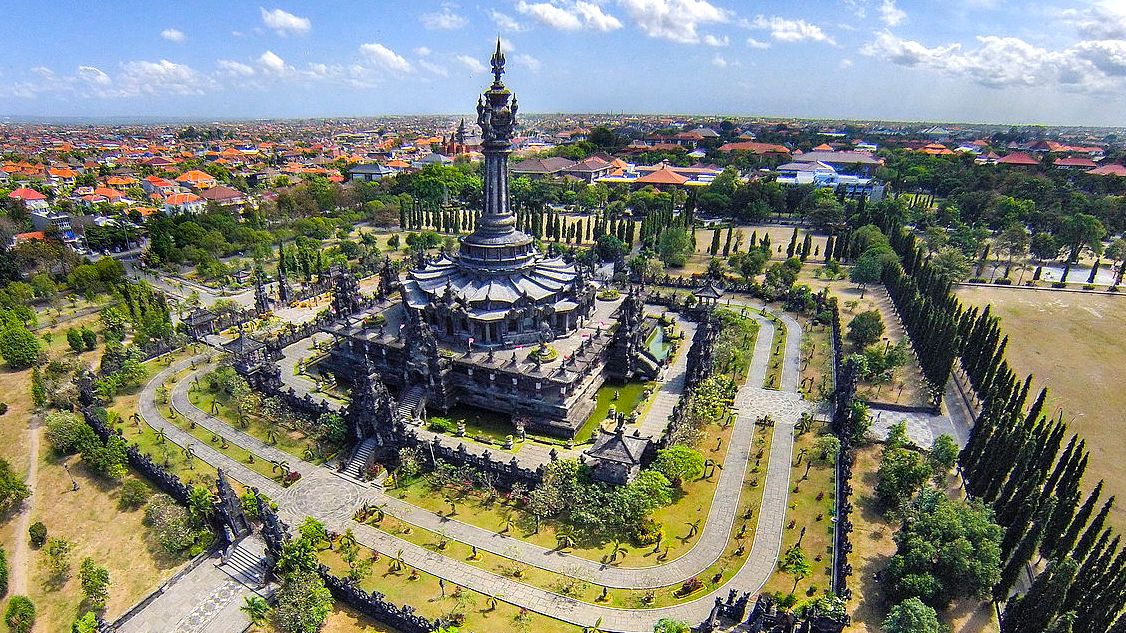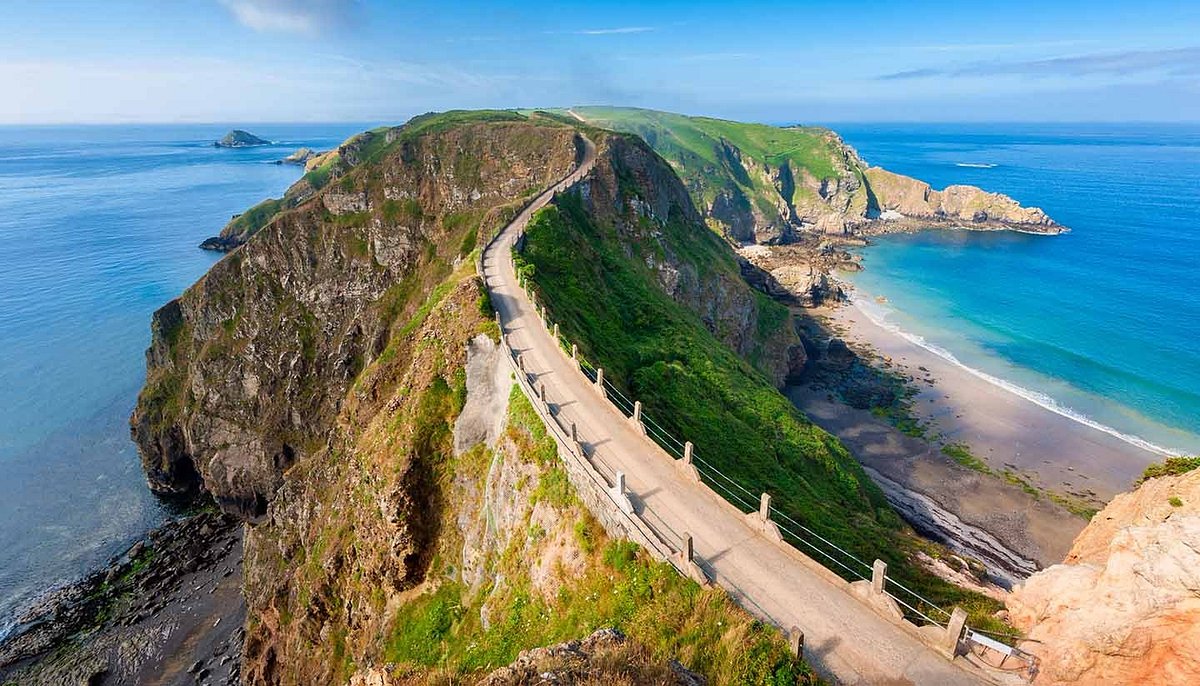Smart cities are no longer just ideas on paper. They are real destinations where advanced technology, sustainable design, and digital innovation shape everyday life. For travelers, exploring these urban marvels offers a glimpse into the future of living. Here are eight smart cities you should visit now, before they become overcrowded with tourists by 2030.
1) Singapore, Southeast Asia’s Smart Pioneer
Singapore consistently ranks among the world’s top smart cities. With sensor-driven traffic systems, AI-powered security, and one of the cleanest public transport networks, the city has been an early model of smart living. Its Gardens by the Bay, Marina Bay Sands, and Changi Airport showcase innovation blended with culture.
The country’s Prime Minister, Lawrence Wong, born in 1972, leads Singapore’s ongoing smart transformation. He is married to Loo Tze Lui and has built a reputation as a leader focused on digital economy growth. While his personal wealth is not as public as private CEOs, his governance is backed by Singapore’s trillion-dollar reserves.
2) Dubai, United Arab Emirates
Dubai has evolved into a futuristic hub with autonomous police robots, AI-driven traffic control, and blockchain-powered government services. Tourists experience smart airports, driverless taxis, and a skyline that looks straight out of a sci-fi movie.
This vision is driven by Sheikh Mohammed bin Rashid Al Maktoum, born July 15, 1949. As ruler of Dubai and Prime Minister of the UAE, he oversees projects worth billions. His family wealth is estimated at over $14 billion, supporting large-scale innovations like Dubai’s Smart City initiative.
3) Barcelona, Spain
Barcelona is a European leader in smart infrastructure, using IoT sensors to manage waste, traffic, and energy. Travelers enjoy high-tech bus stops with Wi-Fi, solar smart benches, and sustainable bike-sharing systems. It is also one of the most walkable cities in Europe.
Ada Colau, born in 1974, served as mayor until 2023 and was instrumental in driving smart policies. Though her net worth is modest compared to corporate leaders, she emphasized accessible urban tech, ensuring the benefits reached both citizens and visitors.
4) Seoul, South Korea
Seoul is the perfect mix of technology and tradition. The city offers 5G-powered public services, AI monitoring systems, and futuristic shopping districts like Dongdaemun Design Plaza. For tourists, seamless cashless payments, free Wi-Fi zones, and smart subway navigation make exploring effortless.
President Yoon Suk-yeol, born in 1960, currently leads South Korea. His administration focuses heavily on digital transformation and smart governance. While his personal assets are valued in the millions, the nation’s strong economy funds Seoul’s smart ecosystem.
5) Tokyo, Japan
Tokyo has been a smart-tech innovator for decades. From robotic hotel concierges to automated public toilets and advanced transit, the city blends futuristic tech with vibrant Japanese culture. The city’s plans for carbon neutrality by 2050 include AI energy grids and smart housing models.
One key leader shaping this vision is Governor Yuriko Koike, born in 1952. She has pushed policies for clean energy and smart transport. Her net worth is not widely publicized, but her political career spans decades, and her influence on Tokyo’s global image is profound.
6) Copenhagen, Denmark
Copenhagen consistently ranks among the world’s greenest and smartest cities. It uses smart lighting, renewable energy systems, and data-driven traffic solutions to reduce carbon emissions. Tourists enjoy cycling routes, climate-friendly hotels, and waterfront developments designed with sustainability in mind.
The city’s leadership has been supported by Lord Mayor Sophie Hæstorp Andersen, born in 1974. She has a political career focused on sustainability and innovation. While her wealth is not in the billionaire range, her policies ensure Copenhagen remains a model of people-centered smart growth.
7) Tallinn, Estonia
Tallinn is a digital-first city where almost every government service can be accessed online. Tourists are fascinated by the city’s seamless e-services, widespread Wi-Fi, and innovative transport solutions. Despite its medieval architecture, Tallinn is one of the most connected cities in the world.
The country’s Prime Minister, Kaja Kallas, born in 1977, has been a vocal supporter of Estonia’s digital society. She is the daughter of former EU Commissioner Siim Kallas. Her net worth is modest compared to business leaders, but she is one of Europe’s most influential digital policymakers.
8) Masdar City, Abu Dhabi, UAE
Masdar City is one of the boldest experiments in building a city fully powered by renewable energy. Though still under development, it features driverless electric pods, sustainable architecture, and research hubs for clean technologies. Tourists see firsthand how cities of the future might run on near-zero emissions.
The mastermind is Sultan Al Jaber, born in 1973, UAE’s Minister of Industry and CEO of ADNOC. His net worth, estimated in the hundreds of millions, is backed by energy and technology investments. He also plays a leading role in climate talks and green transitions, making Masdar a global showcase.
Why You Should Visit These Cities Now
Each of these smart cities offers unique travel experiences, from Singapore’s futuristic airports to Tallinn’s digital services and Masdar City’s renewable-energy lifestyle. By 2030, they will likely be top-tier destinations with soaring visitor numbers. Traveling now lets you experience their innovations before crowds catch on.
These eight cities prove that technology is no longer separate from tourism—it is part of the adventure. From AI-driven services to carbon-neutral designs, they show how the world’s best destinations are reshaping travel itself.








